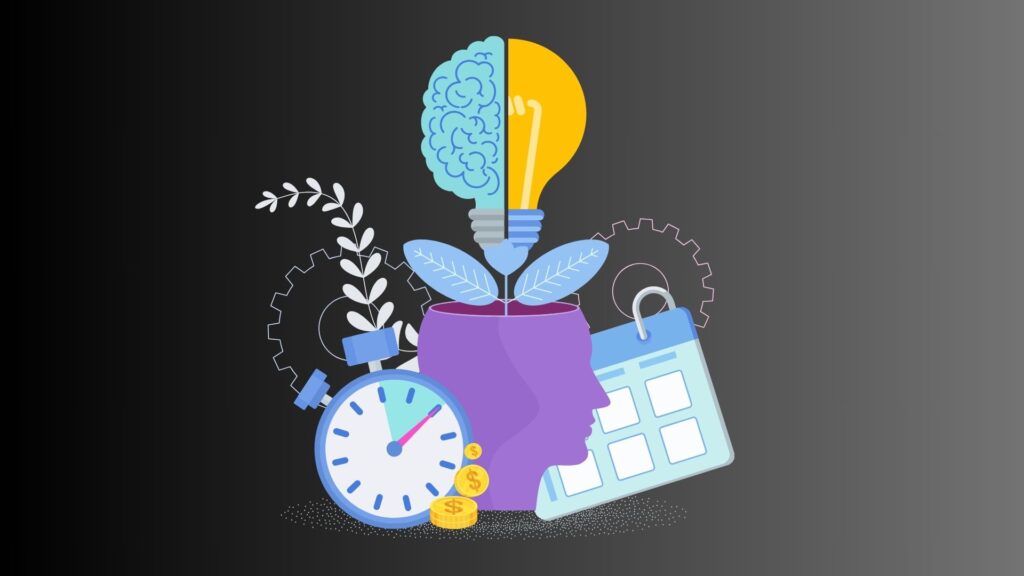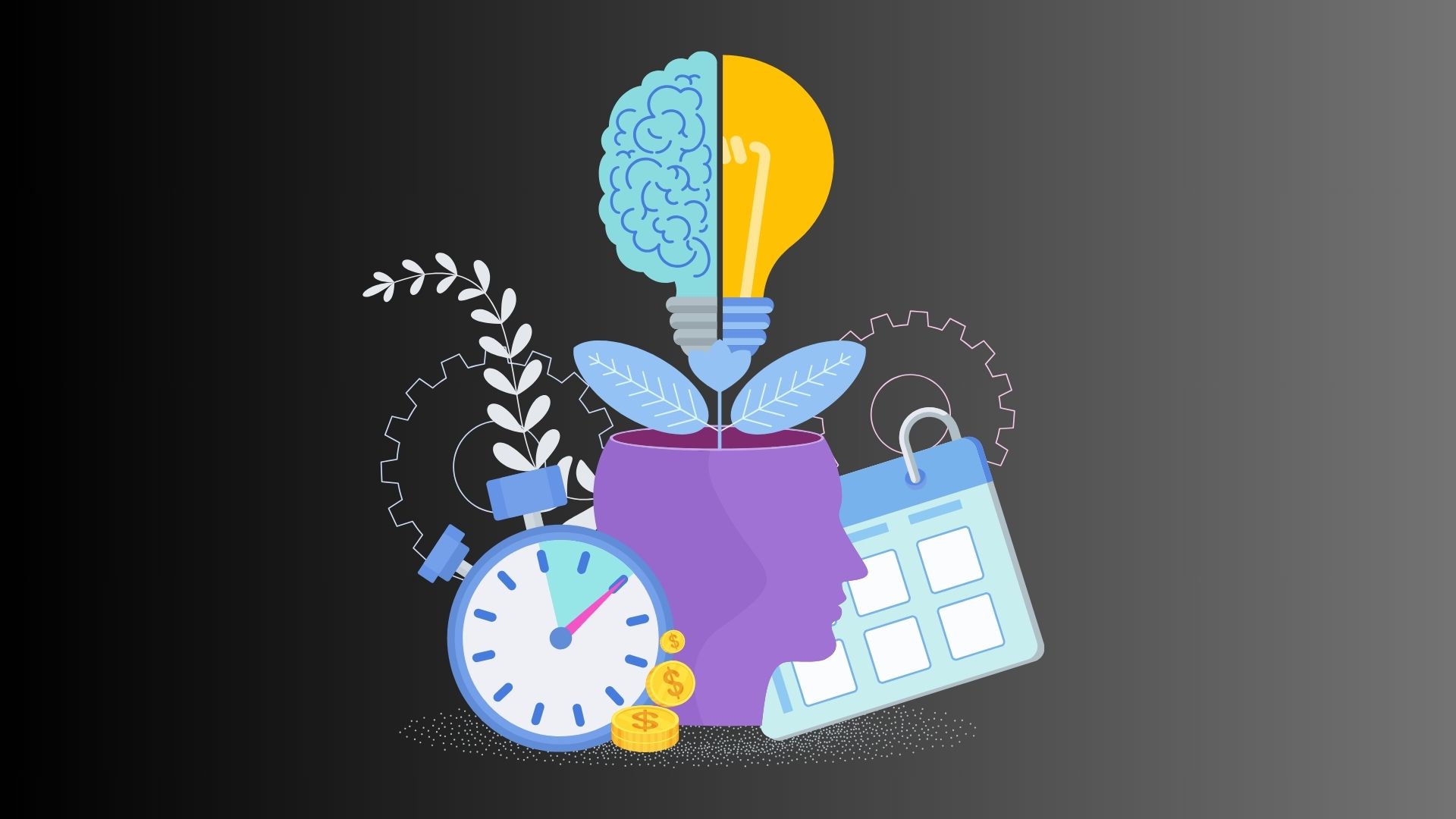
In today’s fast-paced world, anxiety has become a common challenge, affecting our mental clarity and emotional well-being. Mindfulness and executive functions offer a powerful duo to combat this. Understanding their synergy can provide a transformative approach to managing anxiety.
How Does Anxiety Impact People?
Anxiety can manifest in various ways – from physical symptoms like headaches to psychological impacts such as persistent worry. It often disrupts focus, impairs decision-making, and can lead to avoidance behaviors, significantly affecting daily life.
What Are Mindfulness Practices?
Mindfulness involves staying present and fully engaging with the current moment. Practices like meditation, deep breathing, and mindful observation help in grounding oneself, acknowledging thoughts and emotions without judgment.
How Does Mindfulness Limit Anxiety?
Mindfulness practices help in breaking the cycle of anxious thoughts. By fostering a non-reactive awareness, individuals learn to observe their thoughts as transient, reducing the impact of anxiety on the mind and body.
Why Do People Struggle to Practice Mindfulness?
Many find it challenging to practice mindfulness due to distractions, ingrained habits of multi-tasking, or the discomfort of confronting their thoughts and emotions directly.
How Can Developing Executive Functions Help with Practicing Mindfulness?
Executive functions such as self-control, focus, and flexible thinking are vital in maintaining a consistent mindfulness practice. They enable individuals to set aside time for mindfulness, stay engaged in the practice, and adapt as needed.
Executive Function Strategies to Develop Mindfulness Routines
- Set Clear Goals: Define what you want to achieve with mindfulness, whether it’s stress reduction, better focus, or emotional regulation.
- Create a Structured Plan: Schedule regular mindfulness sessions and set reminders.
- Practice Focused Attention: Use mindfulness exercises to improve your ability to concentrate and avoid distractions.
- Reflect and Adjust: Regularly assess your mindfulness practice and make necessary adjustments.
Synergistic Benefits of Developing Executive Functions and Mindfulness Routines
- Enhanced Self-Regulation: Combining mindfulness with strong executive functions helps in better emotional and impulse control.
- Improved Focus and Clarity: Regular mindfulness practices, supported by executive function skills, lead to enhanced mental clarity and an increased ability to focus.
- Greater Resilience: The combined practice strengthens resilience against stress and anxiety.
- Better Decision Making: Mindfulness and executive functions together enhance the ability to make well-considered decisions, particularly in stressful situations.
Mindfulness and executive functions together provide a robust framework for managing anxiety and enhancing overall well-being. By understanding and leveraging this synergy, individuals can effectively incorporate mindfulness into their daily lives, leading to sustained mental health and improved cognitive functioning. Developing this synergy is not just about reducing anxiety; it’s about fostering a more mindful, focused, and balanced life.





